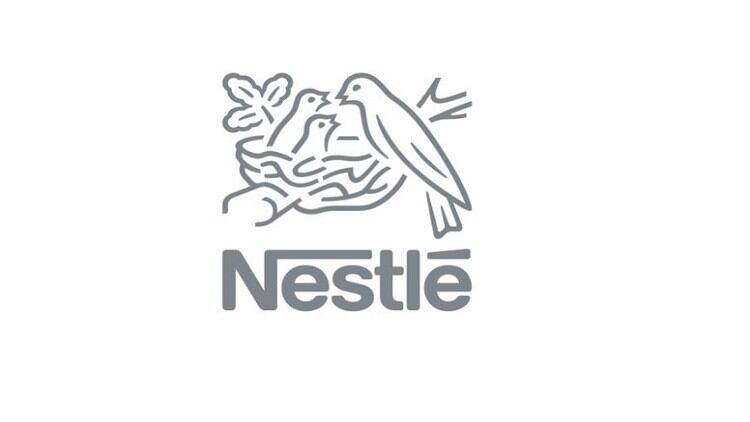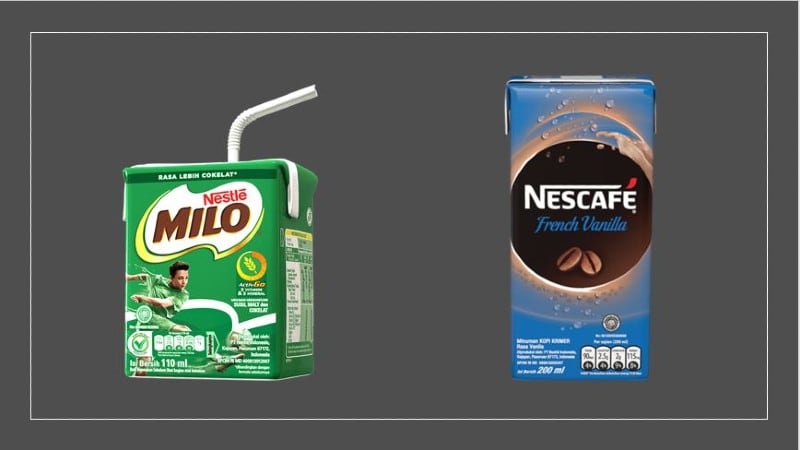The scandal ensued when a presentation meant for top Nestle executives was leaked, containing the revelations that only 37% of Nestle products (by revenue) have a rating of over 3.5 under the Australia-New Zealand Health Star Rating system, which the company acknowledges as a ‘recognised definition of health’.
The leaked documents and high proportion ‘unhealthy’ products caused an uproar in the food and beverage industry, even raising questions on the safety and quality of Nestle products in some countries, such as Indonesia where the local National Agency of Drug and Food Control (BPOM) had to formally declare that these were safe for consumption.
“Regarding the report of the unhealthy food products, it is unrelated to food and safety,” said the BPOM via a formal statement.
“The report is related to its nutritional facts —particularly sugar, salt, and fat content— as a risk factor for a non-communicable disease if consumed excessively.
“BPOM has evaluated the safety, quality, nutrition and label, as well as the nutrition labeling, when giving distribution license numbers for processed food products, including the Nestle products circulating in Indonesia.”
In response to the entire controversy, Nestle Indonesia has also guaranteed the safety and quality of its products to the public, assuring that a ‘company-wide project’ is underway to improve its portfolio as well.
“In Indonesia, we produce and distribute our products in compliance to the prevailing laws and regulation in Indonesia including nutrition, quality, and safety requirements from BPOM, and Halal regulation. We guarantee the quality and safety of our products for our consumers,” Nestle Indonesia Corporate Affairs Director Debora R Tjandrakusuma told FoodNavigator-Asia.
“Nestlé is continuously challenged to strengthen our leadership as the world’s leading nutrition, health, and wellness company in providing quality and nutritious products to meet the demand of Indonesian consumers.
“This is why we continue to review our entire portfolio across the different phases of people's lives to ensure our products are helping them meet their nutritional needs and supporting a balanced diet. Nestlé is working on a company-wide project to update its pioneering nutrition, health, and wellness standards.”
She also stressed that the 37% number only took into account roughly half of Nestle’s portfolio based on global sales, so did not tell the whole story.
“That analysis did not include [about half of our portfolio including] infant nutrition, specialized nutrition, pet food and coffee products. When looking at our entire product portfolio by sales, less than 30% would not meet stringent, external ‘healthfulness’ standards,” said Tjandrakusuma.
“This portion of our product portfolio represents predominantly indulgent products, such as chocolate and ice cream, which are acceptable in moderation as part of healthy, balanced and enjoyable diet.
“We believe that a healthy diet means finding a balance between nutrition and enjoyment - This includes having some space for indulgent foods, consumed responsibly.”
Nestle Indonesia’s health initiatives
Specific to Indonesia, Tjandrakusuma highlighted that product improvement initiatives, such as to add ingredients like whole grain, protein, fibers, and micronutrients as well as reducing sugars, sodium, saturated fat, and calories in existing products were ongoing.
“We continuously assess our product portfolio and renovate and reformulate our products,” she said.
“[In addition], In 2020, we have distributed 4.25 billion servings fortified with micronutrient doses via our affordable and nutritious products in Indonesia [and] since 2017 we have managed to reduce 28% of sugar content in our products.
“[Safety], affordability, taste, healthier and quality products are all important aspects that the consumers consider before [making purchases so] all our products are designed and produced with high quality ingredients [such that] consumers can feel confident in their consumption choices by getting good products at affordable prices.”





